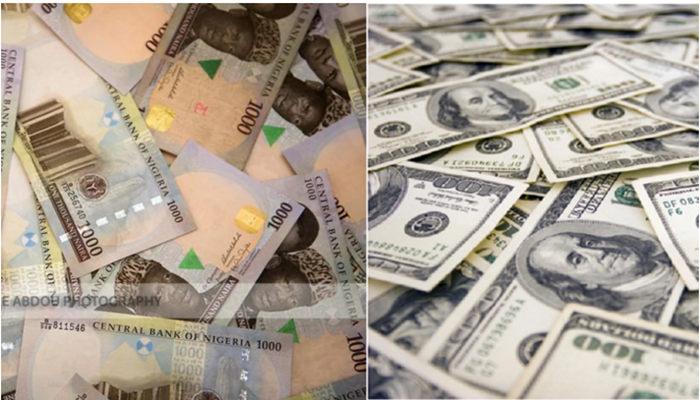CBN says Nigeria’s forex reserves decline by 2.10% to $39.9bn by Nov 22

- from $40.79 billion a month earlier
Data from the Central Bank of Nigeria (CBN) on Tuesday has revealed that the nation’s foreign exchange reserves declined to $39.93 billion by November 22, down by 2.10 per cent month-on-month, from $40.79 billion a month earlier.
The drop in the country’s forex buffer reflected the decrease in the volume of foreign capital importation into Nigeria in the third quarter of the year and demand pressure on the local forex market by offshore investors exiting their local debt portfolio.
The National Bureau of Statistics (NBS) on Monday reported a 7.8 percent drop in foreign capital inflow to the country in the third quarter of the year to $5.36 billion.
Analysts said that the decline in forex buffer was partially due to the decline in capital inflow and the instability in the price of crude oil, Nigeria’s mainstay in the international market.
Foreign capital flow has continued to dip due to the gradual lowering of yields on government debt instruments by the CBN.
Many Foreign Portfolio Investors (FPI) who had hitherto find the country’s debt attractive in terms of yield have started selling down their holding and seek alternatives elsewhere.
The drop in forex reserves could put the regulatory bank under pressure in the coming weeks as demand for the dollar could rise as businesses fret on the possibility of a devaluation of the local currency to protect the country’s forex reserves.
Since President Mohammadu Buhari came to power on May 29, 2015, he had asked the regulatory bank to sustain the value of the local currency and had always expressed his desire for a strong naira.
The forex buffer ar its lowest in 23 months pushed the regulatory bank to tighten liquidity in the coming days and raise yields on local debt to lure investors back to the country.
Crude oil prices slipped on Tuesday on concerns about economic growth and fuel demand as uncertainty remains about the ability of the United States and China, the world’s biggest oil users, to agree on a preliminary deal to end their trade war.
Brent crude futures were down 5 cents at $63.60 at 0725 GMT, after rising 0.4 percent in the previous session.
CBN insiders, however, allayed fear that the regulatory bank could contemplate devaluation of the local currency at this point in time, nothing that Godwin Emefiele has no intention of going against the known position of the president on naira value.
According to Global Financial Digest, an insider within the regulatory bank said: “The CBN will continue to do everything possible to sustain the present stability in the local forex market without resorting to devaluation,”
Later in on Tuesday, the CBN governor would be addressing the media on the outcome of the 2-day policy meeting by the Monetary Policy Committee (MPC). The majority of analysts polled believed that the MPC will retain its benchmark interest rate despite a fall in foreign capital importation figures and rising inflationary rate.






